Have you ever been lonely? If so, you’re certainly not alone. According to a study published in January of 2020, nearly half of Americans over the age of 18 have reported that they felt lonely. Specifically, 46% of people. Loneliness issues picked up even more with the COVID-19 Pandemic, causing millions of people to have major depression and anxiety from social isolation.
Why is loneliness such a difficult thing for people, and why is it that it can cause problems that affect us both mentally and even physically? We felt that this was a significant area that needed to be explored. Therefore, we set out on a mission to find out why people experience loneliness and how people react to it.
To be upfront about this, we looked into a lot of worldwide studies…but we also focused on some that were specific to certain regions. Whether that is the United States, Canada, United Kingdom, Russia, or any other nation. As weird as it might be, numbers from nation to nation can differ sometimes wildly compared to others.
This is not just due to how many people are involved in the nation’s studies. Rather, it also has to do with the people and how they react to loneliness or isolation. As weird as it might be, location often played a role in how a person felt when reporting any level of loneliness. Therefore, we had to separate things a bit.
With all of that said, let’s get started on the science behind how loneliness affects mankind.
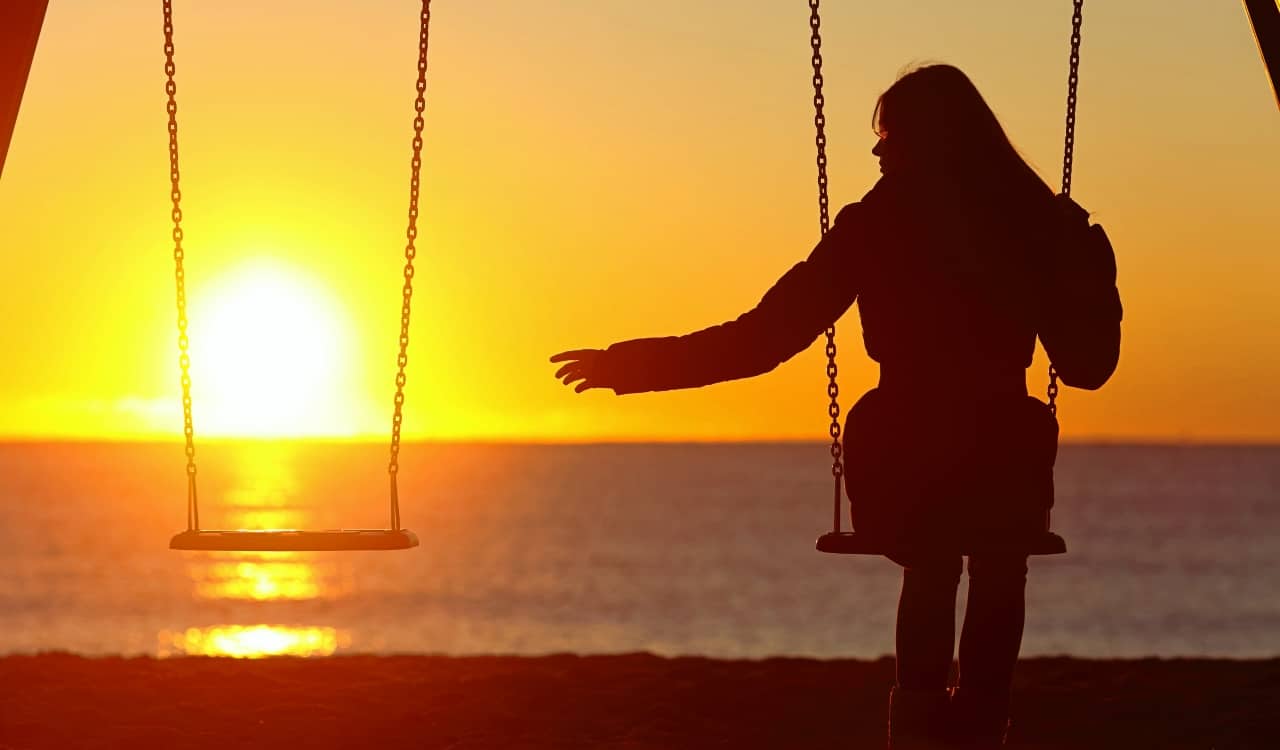
What Exactly Is Loneliness?
Being lonely is not exactly the same thing as being alone. We know, they kind of seem the same, right? If you’re alone then you are just “of one.” However, that is not exactly how loneliness works. Being lonely only happens when a person has negative side effects caused by being isolated from other people.
Certain people can live alone and never be around others yet be just fine with that. We should be sure to know the difference here, as it’s very important. The true definition of loneliness is a person that feels sad or unhappy about being socially isolated. Therefore, if you’re not feeling this yet find yourself alone…you’re not lonely.
The lack of understanding of the difference here can lead to assumptions that are not fair to have. If a person lives alone, doesn’t have many friends, and is not dating much, it does not immediately mean they are lonely. Perhaps, they are loners and happy being that. Therefore, we should never make assumptions regarding loneliness.
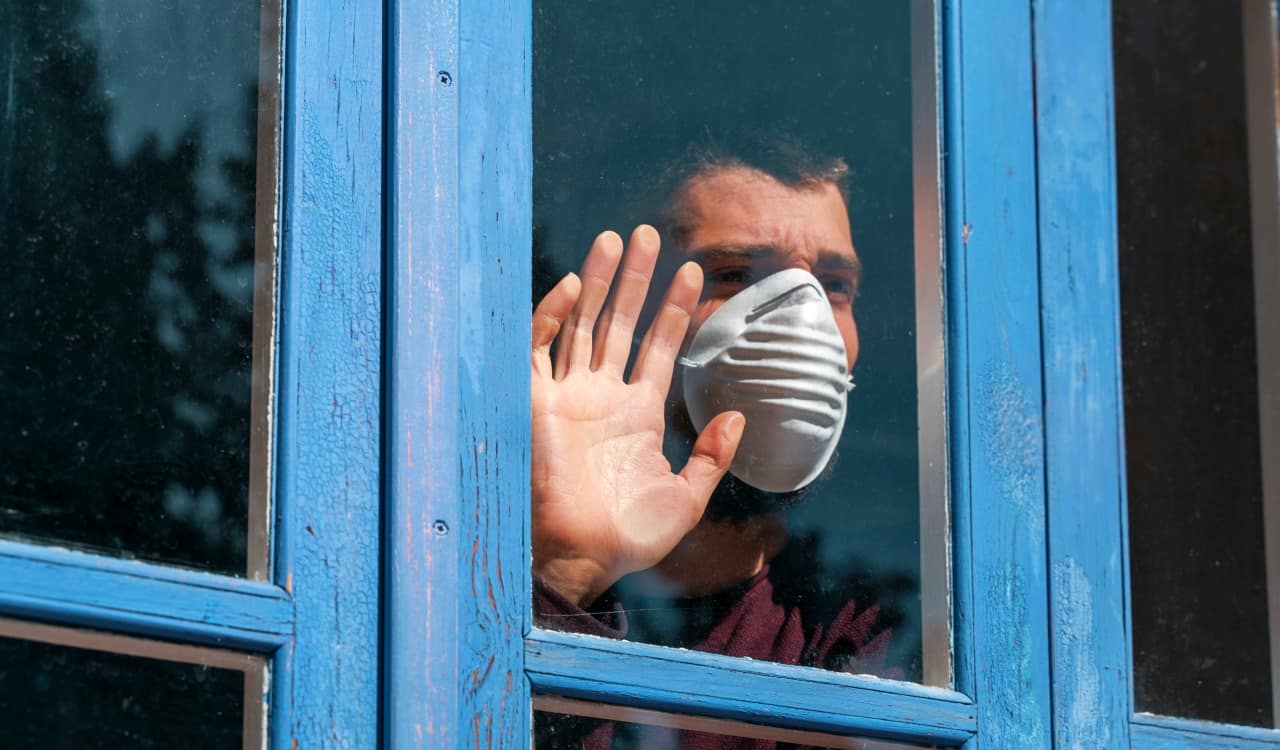
Why Has It Become A Global Pandemic?
Well before the recent Pandemic regarding COVID-19, there had been a Global Pandemic regarding Loneliness. You can check news articles all over the place and they will use the line “pandemic” in reference to loneliness. The question is why it has become such a problem today? In all honesty, it’s not really new.
We have had loneliness problems occur for centuries even before we even had a word to describe it. Oneliness was the closest thing known, as it was defined as the “state of being alone.” Yet as we mentioned, being alone and being lonely are not the same things. What changed compared to before? Simply put, we’re now open enough to admit we’re lonely.
Sure, it makes complete sense to feel awkward saying it. However, it is okay to feel this way. We need to stop assuming feelings are always wrong when they could be triggering important things about us that we need to pay attention to. If you feel lonely, there’s likely a clear reason for it. Yet if those reasons are not obvious, it might be good to talk to a mental health professional. That alone may seem odd and you might think you’re crazy. Trust us, you’re not, and seeking help proves it.

Age Group Most Affected
Most people assume, understandably, that the older generation would likely have the loneliest people. This is not shocking to assume, as many older people are isolated due to children growing up, spouses and friends dying, etc. However, contrary to what you might assume….the older generation is not the loneliest.
Millennials report being lonely more than any other generation! YouGov found that 30% of U.S. Millennials report being lonely. Meanwhile, 20% of U.S. Generation X & only 15% of U.S. Baby Boomers reported that they were lonely. This was not only discovered among Americans. It was found in numerous reports on people in several different nations.
For example, the University of Manchester teamed with BBC Radio 4 to find the scale among those in the United Kingdom. The researchers found similar numbers with more Millennials reporting loneliness than any other generation. The same was found in studies conducted across Europe too!

Gender/Sex Most Affected
While not the same thing, Gender & Sex were looped into the same point for us due to how people answered questions during studies. When asking Men & Women questions related to their gender, transexual people rarely will answer Trans-Male or Trans-Female. Therefore, we had to link the two together here.
Yet when some studies were conducted on people, whether or not they were transsexual mattered to the study. This is why we checked into studies that involved both. Out of this, we came up with an average based on the several studies conducted that we had access to. Overwhelmingly, ALL of the studies showed that men were lonelier than women.
When scaled to account for those born as or who identify as male, the numbers were still higher for men. A study conducted by Cigna in July & August of 2019 on 10,000 adult workers found similarities when asking them if they felt lonely. Among those citing loneliness, 63% were men compared to 58% of women. These numbers differed in the 2020 study that found 46.1% of men felt lonely compared to 45.3% of women. However, overall, people felt lonelier in 2020 compared to 2019.

Why Is The Loneliness Epidemic Higher In Men?
The reason for this is seemingly down to how men are told they should act or be at an early age. This idea of masculinity that has been proven to be BS numerous times continues to be taught. Thus, men feel like asking for help somehow lowers their ability to come across like a “real man.” Men simply have a problem admitting they’re lonely. Older men more than most have this issue.
When men get married, a lot of changes might happen. They hang out less with certain friends and then feel connected to their wives who are not exactly capable of giving them the type of male friendship they need. It causes friction, yet men often just suck it up. Men do not like to admit they need help because they feel it’s not manly. In reality, the best thing a man can do is address the issue he has. It might seem odd that a man would want to admit to this or try to make friends.
However, it’s truly not even a great thing to do. It seems like older men address this less than younger men. Baby Boomers might repress whereas Millennials will admit to the issue. This is clearly due to the change in our culture and social environment. Honestly, this is a giant cultural positive for men. Hopefully, this will lead to men realizing it’s okay to admit to loneliness. Then they can address the issue.

Income Plays A Role Too
The 2020 Cigna Study produced a lot of interesting information. They found that income plays a role in whether or not one feels lonely. It seems odd that income would play such a role, however, it doesn’t when you open up reasoning. When one has income to burn, they can do a lot more things to limit loneliness. They can afford to take vacations, go out with friends, etc.
Cigna found that people with incomes of $25,000 or less per year were 7.2% higher in loneliness compared to those with $125,000 per year incomes or greater. This broke down to 50.3% versus 43.3% among those that cited being lonely in the study. Therefore, it tracks that lack of income will affect people due to poor income preventing a lot of social activity.
If we switched two people here, one who was of poorer income and lonely versus one with higher income and not lonely…we’d also see a change. The person with usually higher income would come to know the struggles of the lower-income person more. They’d easily suffer social isolation more often. Now that a person who usually does not have money actually has it, they can do things to limit their loneliness. Therefore, income most certainly must play a role in it.
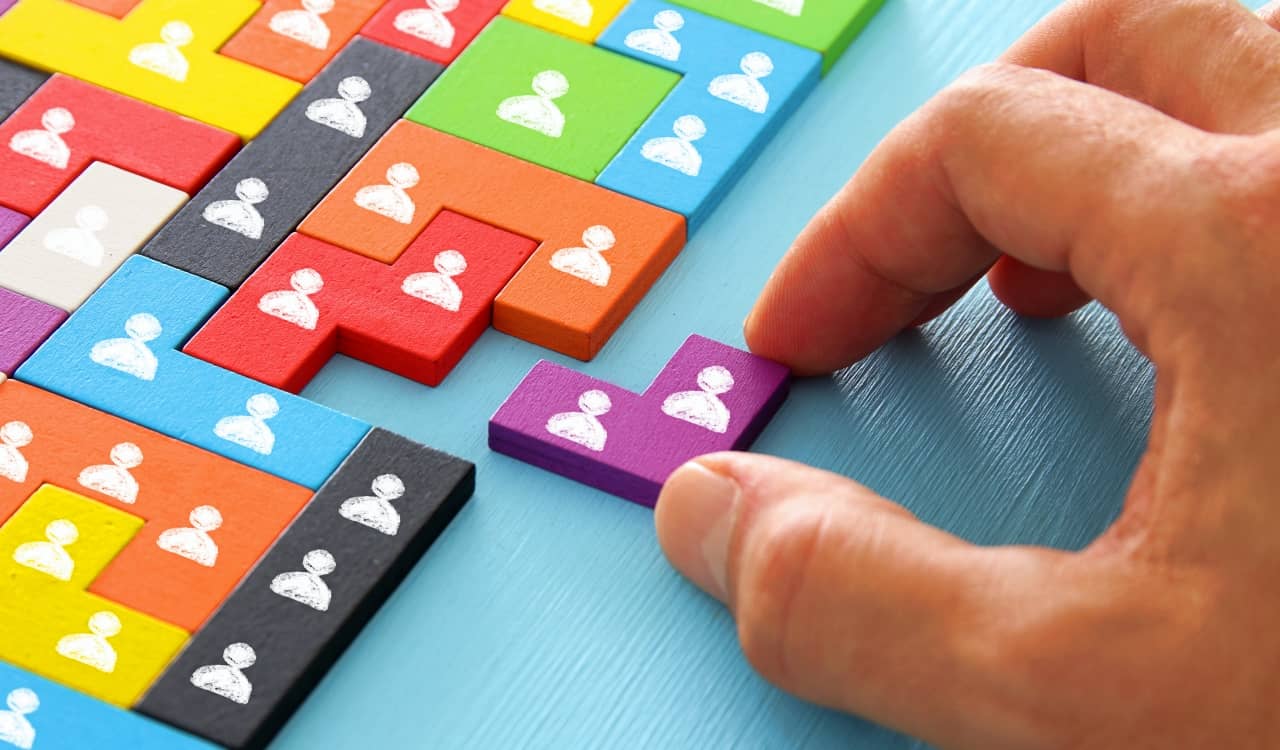
Societal Shifts
It is true that loneliness affects people in several ways. The real struggle revolves around how it happens. We know that societal shifts have played a role though. For example, we did not really even discuss loneliness as a term until the 1900s due to the societies we had at the time. When people began leaving small communities to head in for jobs in factories, those small communities mostly died off in America.
Instead, we saw larger ones crop up near places where one could work. On top of this, marriage has changed where people get married later. Since the late 1800s, there’s been around a 5-to-10-year difference in the average marrying age. Single people do not feel as alone as some married people do but if many friends are married, the single person can still experience it. On top of this, organized communities like Churches have become less prominent in the last 50 to 100 years.
Those who attend services less frequently report feeling lonelier. Roughly 25% of Americans are unaffiliated with any religion today. Of course, it’s not so much that faith is the cause of this. Rather, the church community offers a group of people to connect with. Therefore, one would naturally feel less lonely as a result. Simply put, our brains are wired to be connected to others….so we’re not meant to be isolated.

Dunbar’s Number
Dunbar’s Number was invented by British Anthropologist Robin Dunbar, who was able to determine how societies operated in prehistoric human culture. He found that by measuring the average human brain size and then taking from the results of other primates, he felt that humans could comfortably maintain roughly 150 stable relationships.
However, “relationships” did not necessarily mean close people in one’s life. The number of relationships you have for specific situations will be altered depending on the situation. How many people will you tell a major secret to? How many will you be comfortable crying around? The number shrinks as you begin to answer these questions. This is how we are able, as humans, to determine who we believe fit within our specific social groups.
There’s also a cognitive limit in relationships as well due to how tribes were formed. Roughly 150 to 250 people would be in some of the largest tribes. Meanwhile, smaller tribes were estimated to be between 5 and 20 people at a time. The latter could be the group that we consider our close or stable relationships while the former are those we’d consider friends. Basically, humans were never meant to be isolated or alone. Prehistoric to present-day data proves this
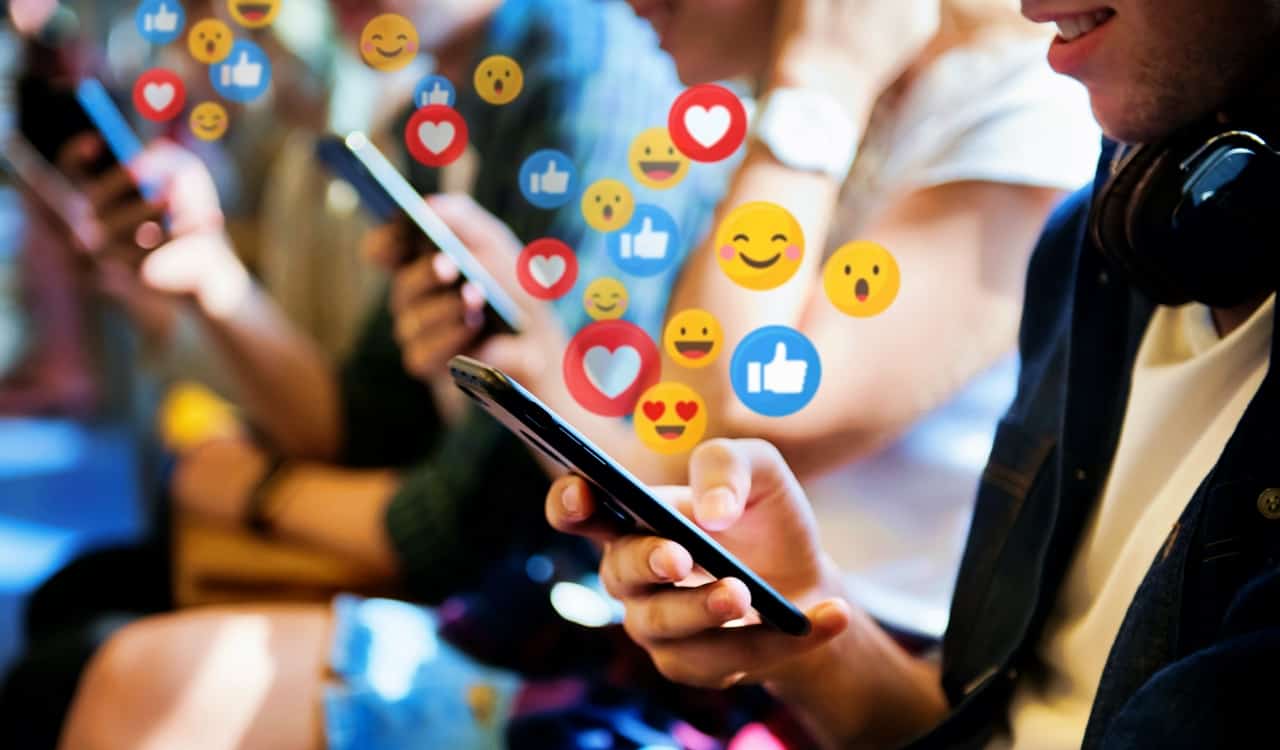
Social Media Use Can Signal Loneliness
Cigna’s study was also able to determine social media plays a role in loneliness. They actually did their study using the UCLA Loneliness Scale, which is usually standard among those involved in psychological research. The team would ask people questions about how often they felt outgoing or friendly, if they felt alone, and things of that nature.
They would then calculate the results on an 80-point scale. Another part of the study asked people about their social media habits. This included average, moderate, or heavy social media usage. Of the people that were considered lonely based on the study’s scaling, 73% were heavy social media users compared to 52% of those who were light users.
This might have a lot to do with the Millennial Culture too. We know this is the generation that feels the loneliest, yet they are also the heaviest social media users. Therefore, heavy social media use should not completely signal that a person feels lonely completely. However, those who are lonely will frequently use social media basically.
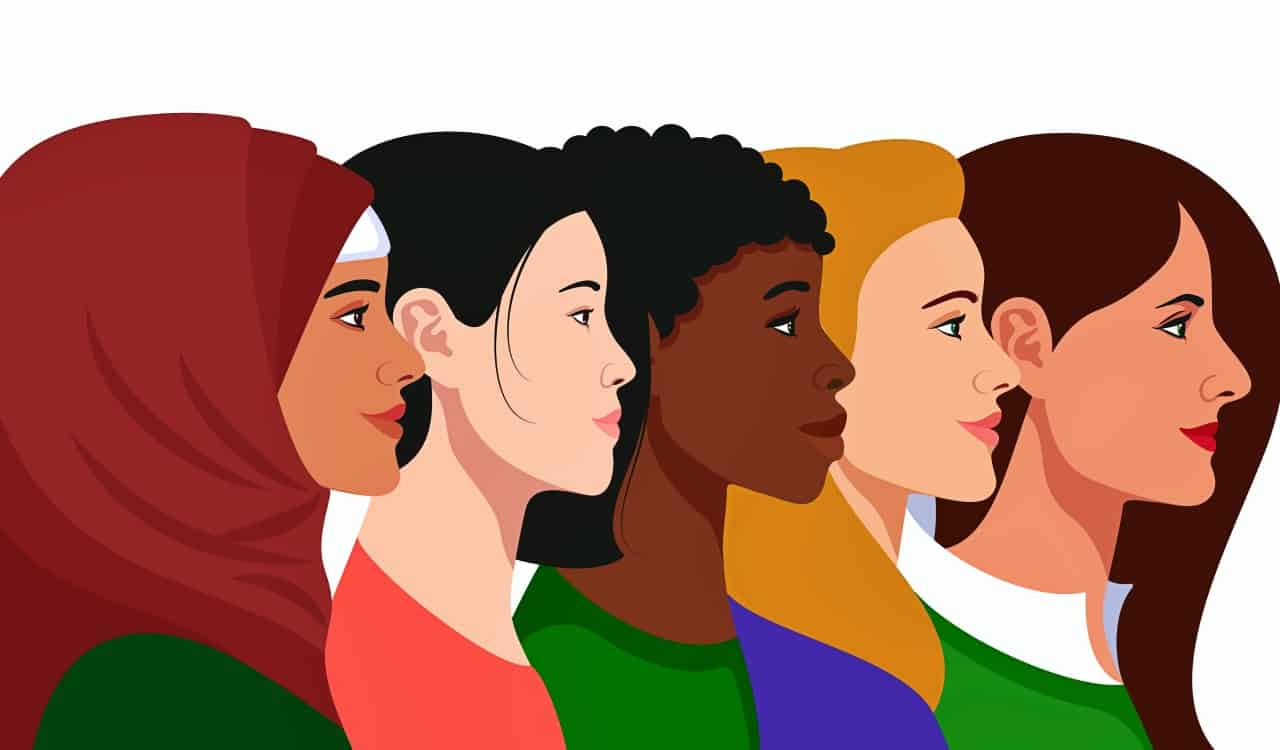
Loneliness Scales In Europe And Asia
One would assume that those around the world would have the same exact loneliness scales as Americans. This is highly untrue honestly. Among European adults, only 7% in total report feeling lonely. If we go country to country, we find that the number is a bit higher at 10% for Hungary, Italy, Poland, France, Greece, and the Czech Republic.
However, what brings the scale down might be the lower numbers in other areas. The Netherlands & Denmark report a 3% loneliness scale while Finland cites 4% of people. Yet Germany, Ireland, & Sweden cite only 5% of people are lonely in their nations respectively. Yet by far, the lowest loneliness in the world is in Russia, who test at just 1% in loneliness.
Loneliness in the rest of Asia is actually an issue with both China and Japan having increasing numbers. Yet the inventive people here have been developing technology that helps to combat this. Japan, on the other hand, has an issue with more isolated elderly people than any nation in the world. These people do not report massive loneliness but do still report it nonetheless. In India, the scale is pretty small too, with a little over 4 million of India’s 1 billion population being lonely.

Does Population Or Space Determine Loneliness?
Based on the numbers from Europe and Asia, you’d imagine we could point to one thing that differs from the United States in all of them. While we cannot point to one thing, we can point to two different things that affect them that could impact why Americans have a higher rate of loneliness. That’s Space & Population.
Looking at Europe, their population is not exactly small nor massive. In fact, there’s a lot of space in Europe. Therefore, being alone or isolated from others is not abnormal. It’s relatively expected. In the United Kingdom, both are at play. Some live in heavily populated cities like London while others live outside of major cities entirely. One is used to a lot of people and the other is not, so they cannot report feeling lonely as often. They live in places that best fit them or they merely adapt to it.
On top of this, 40% of Hungarians and Greeks socialize with friends or family one time a month or less. Yet only 35% of those from Lithuania, Estonia, and Poland do this. However, only 8% of people from Denmark, Sweden, and the Netherlands meet with friends or family one time per month or less! Around 75 million Europeans are socially isolated, so they can easily handle being alone without the loneliness feeling.

Friendships Cut Loneliness Feelings Drastically
It should be obvious that being around friends will make people feel less lonely than if they have no one. Yet there is clear proof that points to simply having friends will bring down loneliness drastically. Russia, that 1% lonely population, seemed to prove this pretty well.
Among those studied, 95% of women and 92% of men claimed to have really close friends or associates. This was opposed to the 8% of men and 5% of women who did not. Among that lower 13% of Russians in total, most claimed to feel lonely. The highest scale of loneliness is people between 35 and 44 years old, while 25-34 is the least lonely. A lot of lonely people will cite a lack of friends or close family members too.
The reasoning for this might simply be due to the person having a lack of social skills. They could very well be socially awkward or highly introverted. However, these same people can still make friends. The issue comes when these people do not attempt or try to make friends, perhaps due to fear of rejection or something similar. However, it should also be mentioned that quality friendships are what should be valued, not toxic or problematic ones.

Married People Report Loneliness More Than Unmarried People
This might be surprising, but it’s true. According to recent studies, a little over 60% of all people claiming to be lonely are married. This is actually a huge problem that tends to lead to several issues within relationships. When we’re lonely, our perception of our relationships can actually become distorted.
In fact, some studies showed that simply asking a person to recall a time when they felt lonely was enough for them to somehow devalue relationships entirely. This includes romantic partner(s) as well as friendships. This will then cause people to withdraw from these people, in spite of their romantic partner or friends being capable of taking away their loneliness.
When it comes to married couples, many no longer feel that they can share their deepest thoughts, desires, and overall feelings & experiences with their partner. This leaves them feeling disconnected from them, thereby feeling alone. People in these positions will then believe their spouse cannot over them the deep connection they desire from a romantic partner.

Mental Health Triggering Loneliness?
It’s not exactly true that a person claiming to be lonely will also have mental health problems. However, being lonely can certainly lead to some. In fact, it should not shock anyone to find out that loneliness leads to higher rates of depression and anxiety. The saddest part of all is that these feelings in the brain could lead to further complications.
When one is depressed or has major anxiety, it triggers structural degeneration of the hippocampus & prefrontal cortex. As we explained previously at Science Sensei, these areas are pretty important. This degeneration can cause problems with a person’s mood, information gathering & understanding, memory, and much more.
This is why feeling lonely in spite of having friends and family around could be enough reason to seek mental health treatments, as one could have a specific mental condition causing this. By addressing the issue earlier, you can prevent possible brain problems down the line. They could be preventable, so there’s no reason not to address it early.
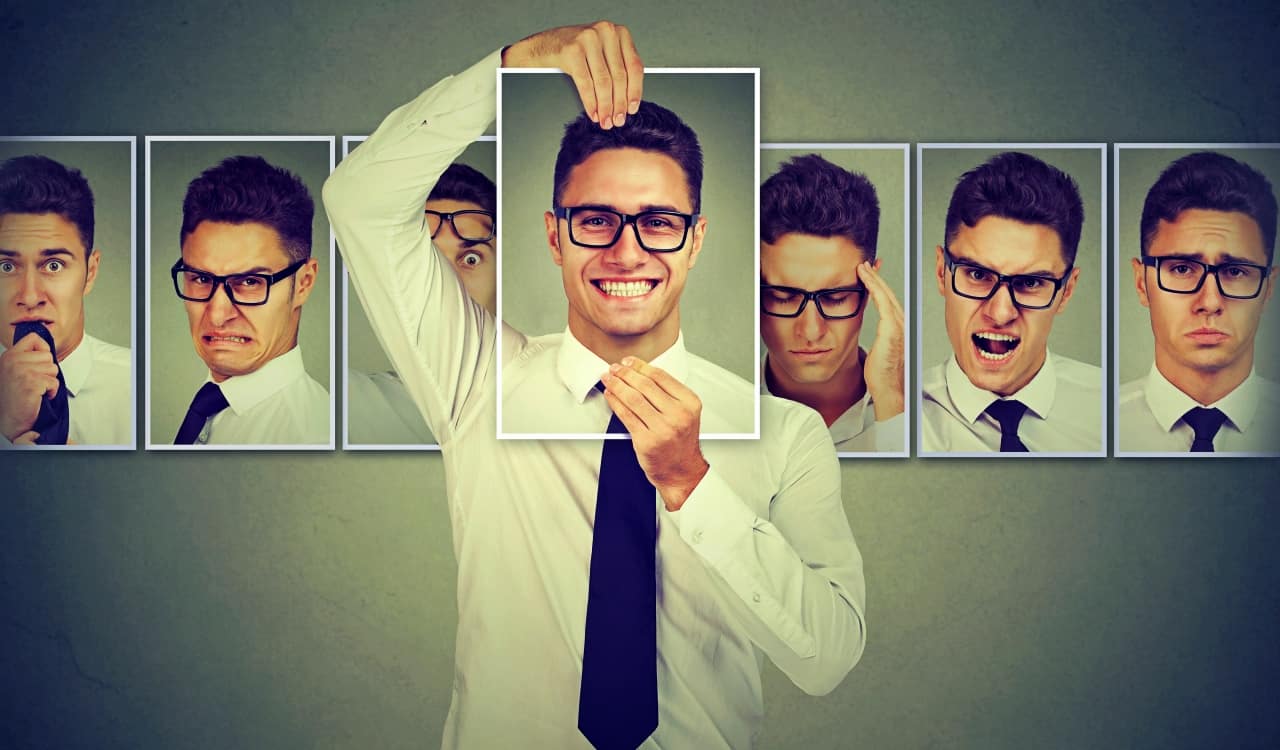
How Loneliness Occurs The Most
We already addressed that people feel lonely for various reasons. One main target we mentioned was a feeling of rejection when it comes to attempting to make friends. Yet another is self-esteem entirely. Some people devalue themselves greatly, thereby avoiding any positive self-acknowledgment. This is why we should always try to lift each other up when possible.
When a person believes they are unworthy or lack confidence, they are less likely to be outgoing. That, in turn, causes the person to go into isolation. Yet personality overall can affect how loneliness impacts a person. As we age, our personalities will often change. One can compare this to an increase in weight as we get older.
Yet a personality is actually possible to alter, just like how we lose weight. Sure, it might take some time to shift certain toxic personality issues around. No one ever said this would be an easy thing to do. However, like losing weight, it’s possible to do as long as you work toward it. Therefore, taking away toxic issues could lead to more close relationships and remove loneliness from the table entirely. Sometimes, it all starts with the person.

Can Loneliness Trigger Bodily Temp Changes?
It might seem odd, but it is true. Studies have proven that recalling a time when one feels lonely makes many people feel room temperature is significantly colder than it was previously. Seriously, it made my skin temperature drop! There is something to this as well. The feeling of loneliness has been shown to affect blood pressure and even cholesterol.
If this is the case, then blood pressure changes could occur and cause us to feel cooler or even warmer. This is all dependent on the situation. Sort of like how when one gets scared, there can be a slow move to feeling warmer then suddenly colder. In all reality, this is actually evolutionary.
This idea of feeling “pushed into the cold” technically connects to our past. In fact, when one was kicked out of a tribe or banned for a certain period, it meant that they lost the warmth of the tribe. With people around, body temperatures can help people warm up. By taking everyone away from the equation, a person now has no one to help them keep warm. Thus, they cool down drastically. Therefore, our bodies seem to develop a reaction from this evolutionary tendency.
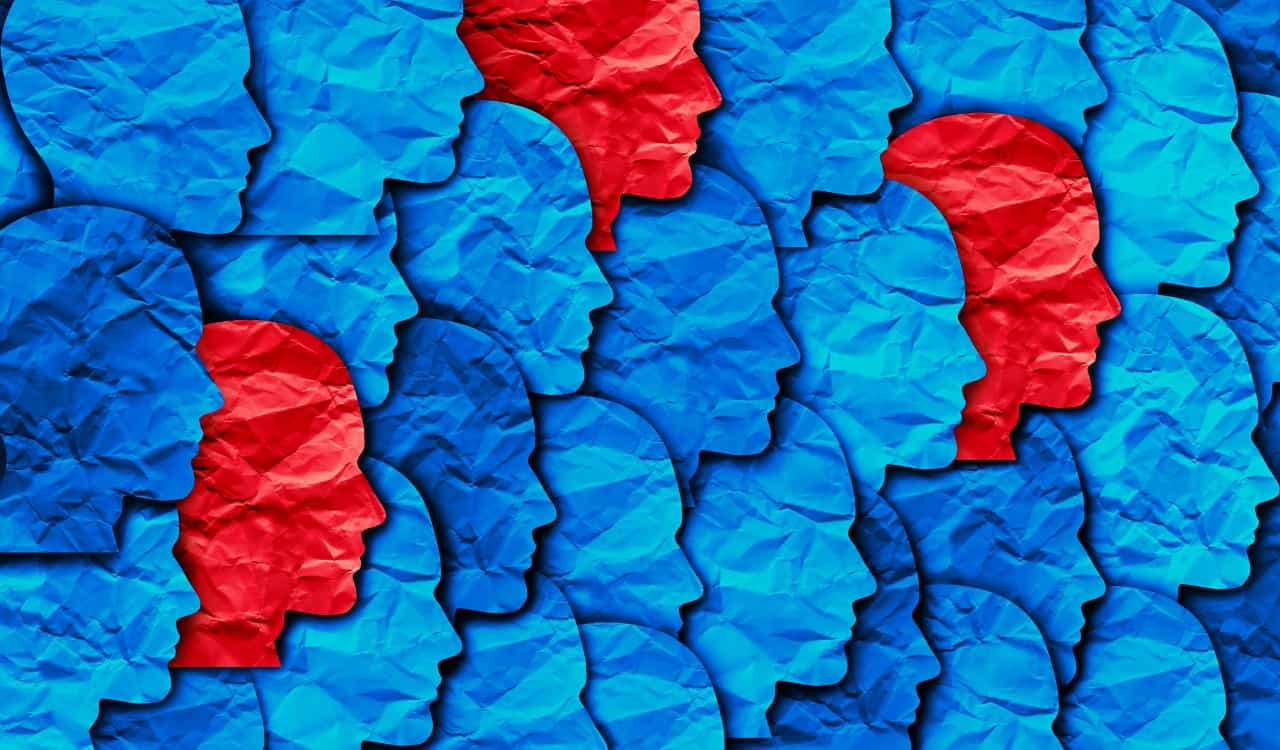
Loneliness Can Be Contagious
While this seems pretty impossible, some data proves it possible. A 10-Year Study done by Psychologist John Cacioppo of The University of Chicago. The study followed exactly 5,100 people, tracking them over the decade to see if they became lonely in some form. They wanted to see if loneliness could spread among others.
After the study concluded, they found that people who indicated that a close friend or family member experienced loneliness were 52% more likely to become lonely themselves. Weird, right? Just because you’re close to a person with this problem, you too can become lonely.
The issue with this is that people with similar personalities, interests, or traits will often be friends. Of course, family members may have mental health issues, thus you as a family member could also have this. Therefore, the problem is not so much that loneliness is contagious.

The Loneliest Person Who Ever Lived
A woman named Elizabeth Bishop has been dubbed “the loneliest person who ever lived.” She was an incredible writer who wrote several poems and short stories. She was even a consultant in poetry for the Library of Congress, on top of being a National Book Award Winner in 1970. She even won the Pulitzer Prize in Poetry in 1956.
Bishop taught at Harvard University and had several pieces of her work published in The New Yorker. In spite of her amazing success as a writer, she never felt like any of it could take away her incredible loneliness. She once told fellow poet Robert Lowell that “when you write my epitaph, you must say I was the loneliest person who ever lived.”
However, her loneliness was understandable. A lover of her’s committed suicide in front of her in 1967 and another lover would leave her for another person. She turned to vices to help when possible and also never sought out help for the crippling loneliness she felt. Bishop is an example of the loneliness that can happen due to mental health complications as well as the major tragedies that can cause them. You can read more about her issue with loneliness here.

The Cost Of Loneliness On The Human Body
There is a real problem when loneliness hits the human body. Researchers teamed with medical professionals and found that loneliness is just as lethal to the body as smoking 15 cigarettes a day. While you are not damaging your lungs and causing possible cancer to arrive, you’re causing other physical issues.
Inflammation will arise from chronic loneliness. This can be treated by medication but the inflammation still exists nevertheless. Since inflammation can contribute to heart diseases and other major health problems, you can put yourself at a higher risk of health complications. On top of this, the immune system has also been shown to be compromised by the effects of loneliness too!
We already mentioned how blood pressure and cholesterol will be problematic. These are major problems on the body, as they can lead to the activation of several stress responses. Too much of this can cause problems in the entire body and put you at a higher risk of heart attacks. This is why people with chronic loneliness are 50% more likely to develop major health complications due to it.

Mental Complications
The long-term effects of loneliness have proven to be massively problematic from a mental standpoint. While we already brought up how mental problems can cause loneliness, the reverse should also be noted. Studies have proven loneliness leads to anxiety and depression.
However, it also affects one’s ability to focus or concentrate. On top of that, things like decision-making, problem-solving, and even terrible self-belief in oneself arise too. It’s not a wonder why all of this leads to depression. Yet when you add all of this into the bodily responses, there’s a clear reason why loneliness can cause early death.
Loneliness leads to death by natural or random causes. However, many will take their own lives due to the severe depression that comes from it. While the physical causes can lead to a high rate of death, the mental causes are just as capable of this too. In fact, 30% of lonely people die prematurely according to researchers from Brigham-Young University.
EVEN MORE SCIENCE BEHIND HOW LONELINESS AFFECTS HUMANS

Our Neighborhoods Are Not Set Up To Help Lonely Neighbors
Usually, one would assume that if you feel lonely, you could go outside in your neighborhood and go for a nice walk. You’re sure to come across some neighbors to speak with for a few seconds. Especially if you do this on a weekday that is nice out, right? Honestly, this is no longer true the way many neighborhoods are set up today. In fact, the set-up today is made to allow more privacy than openness.
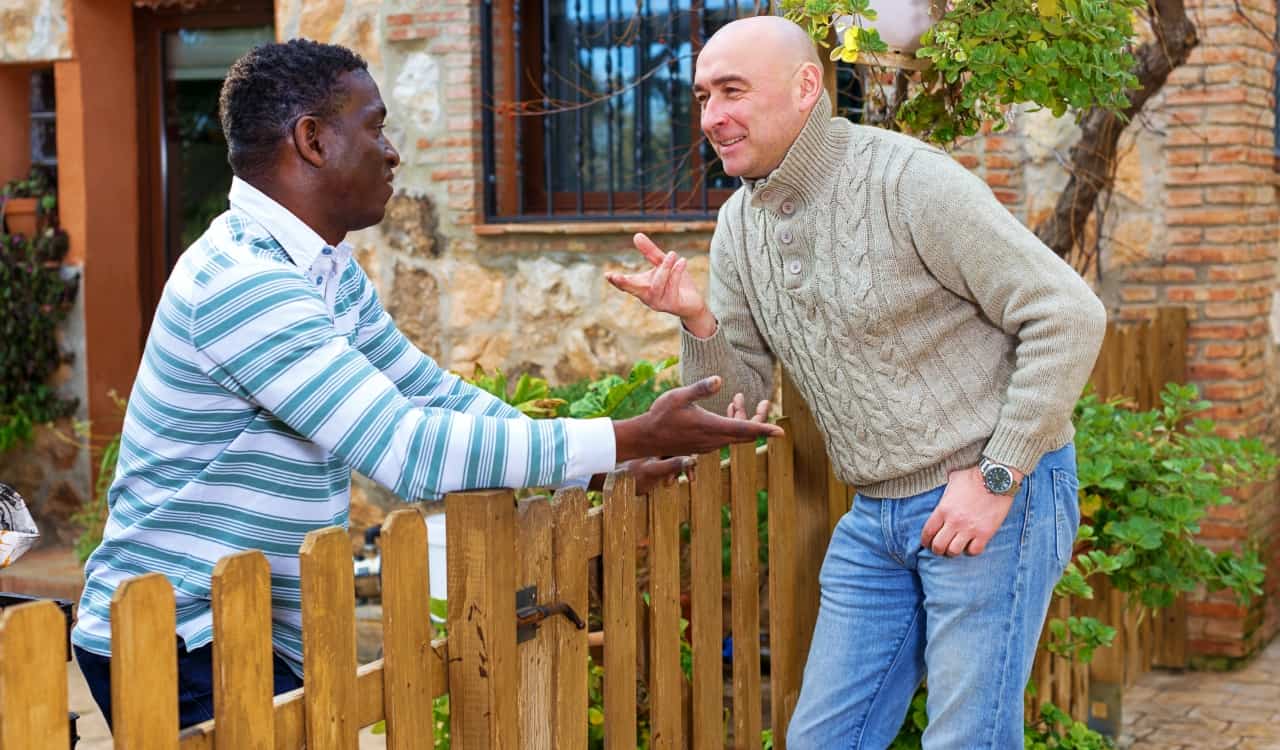
As a result, you’d need to go in the middle of the street, try to be seen over larger walls/fences, and hope the neighbor is not doing anything that takes their eyes off of you. The idea of merely bumping into your neighbor as you go and check the mail is not even as common outside of an apartment complex. Plus, many people today prefer privacy so much that people can live next door to their neighbors for years and never learn a thing about them.

Denmark Is Trying To Help End Loneliness In A Clever Way
For those unaware, Denmark is notable for being the happiest nation on Earth. It is an honor that has been on the side of the Danish for several years, and this is for good reason. Their society is built to care about their fellow man, and their government tries to show this. That is why they created a National Program that encourages people to eat together.

They call it “The World Eats Together,” and it has been a great success. The program permits people to allow anyone they’d like, including local people or those far away. The idea is that you must go to a public place such as a park or even a restaurant, and merely eat together. It’s clear why the Danish love their country and seem to be so happy compared to the rest of the world. Unlike the rest of us, they not only “say” they care about their fellow man, but they also “show” it too.

College Freshman, Who Claimed To Be Lonely, Had Bad Reactions To Their Flu Shot
While we are a science website that believes and preaches the idea that correlation and causation do not always mix, we do feel there is something here. We already brought up how loneliness can affect someone’s health. We also brought up the fact that younger people can be just as lonely as older people, sometimes more! Therefore, when we heard that lonely college freshmen struggled with the flu shot, it made sense.

A study was conducted on those who took the flu shot vaccine. They asked several questions with the two main ones being if they had any bad or poor reactions to the flu shot this year. The other major question asked if they were admittedly lonely. That was when Freshmen proved that loneliness and bad reactions to the shot had to be connected. It makes sense for this party, in particular, to be lonely. They are new to their school, don’t know anyone, and experience isolation issues a lot.

LGBTQ+ Seniors Are Far More Likely To Be Lonely Compared To Their Straight Peers
While older people reporting loneliness is nothing new and common, it is somewhat surprising to some that a particular part of the elderly community has it worse. LGBTQ+ Seniors are twice as likely to live alone according to Services & Advocacy for LGBT Elders or SAGE. The reason for this is pretty understandable. They are far less likely than their straight peers to have children, with many being estranged or on the outs with their biological families.

While there is more acceptance for those in this community today, many seniors know of a time when they were hated for who they were. They had to hide that they were gay, for example. Those that came out years ago might face issues with their family with many being disowned by their once loved ones. Stigma and discrimination are STILL a problem for Seniors in this community today. Thankfully, there are more community groups opening up for them, but we do need to do far more.

In Spite Of Assumption, It’s “NOT” Lonely At The Top
While there are different issues for all involved in the realm of leadership, a myth needs to be destroyed. For years, we’ve been told that managers, business owners, and the uber-rich had trouble with loneliness. The term “it’s lonely at the top” makes many assume that these people are lonely. In reality, it merely means they are where the buck stops and they are often the final answer. This makes them hard to like for some, but the respect for these people is often high.

The struggle in places of work for these people is that they cannot have a lot of favorites or friends, in an effort to come off as fair to all. Therefore, people assume that equates to loneliness. Yet researchers at several universities have looked into this and found that, while they do put a terrific burden on themselves involving high-risk decisions, they don’t feel isolated socially. On the contrary, many have reported feeling even more connected to people. Very few report being lonely in these positions.

Volunteering Is A Proven Way To Reduce Loneliness
They say that volunteering can be rewarding. As it allows you to feel like you’re helping someone else. It gives you a special feeling, knowing that you are responsible for making someone’s day, week, or even year. In Seniors, it can be wonderful for them as they can use their skill sets from life to help those younger than them. Yet younger people can be great to have around as they can come from a peer-like perspective to help people.

However, volunteering is not only something that can help others, as it can also be useful to those who volunteer. It has been proven in Seniors to boost longevity, as you have a sense of belonging or feeling of use. In both older and younger people, a sense of well-being overall comes from volunteering as well as a boost in mental health. This sense of social connection can actually help people drastically. Therefore, volunteering is just as helpful for the volunteers.

Prison Isolation Creates Even Worse Criminal Behavior
Supermax prisons contain prisoners who are in complete isolation. They are only put there due to doing some pretty horrible things. While these prisons make sense to some, they drive the criminals completely mad. While the case study on isolation-only prisons have proven isolation can be problematic, it has also been used as a punishment at normal prisons. Usually, a prisoner is sent to isolation for an understandable reason such as starting a fight, attacking a guard, or something similar.
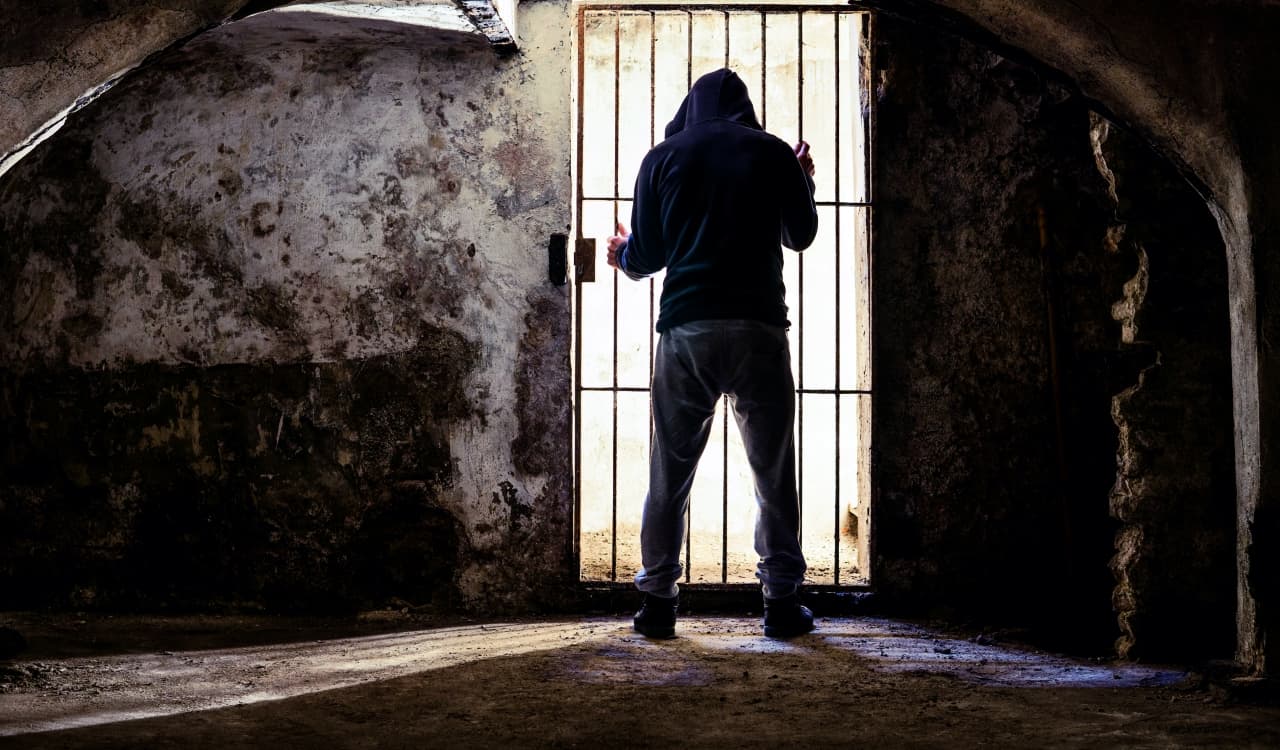
Many prisoners are sent there for insane reasons. LGBTQ+ people are often sent there just for being within that community. Others are sent for small problems such as arguments or talking back to guards. Then some are sent just because guards did not want to have to deal with them. Most who spent long-term periods in isolation over their stay in prison had altered behavior when they were released. It can be compared to soldiers before and after PTSD symptoms.

Disabled People And Loneliness
One can be forgiven for assuming all disabled people were those in a wheelchair. Disabilities can come in multiple forms, such as a brain disorder from birth or due to an injury, as well as an illness that affects a person’s nervous system. These people are easy to see as disabled due to visual. Yet there are many forms of disability, even those that we cannot technically see. That includes people who have nerve problems that cannot get out and do as much as their peers.

It also includes those who have severe GI issues or even people with big-time back problems. Regardless, it does not matter where exactly a person falls on this list. Many have difficulties with making friends or going out, resulting in a lot of loneliness within the disabled community. In fact, as of the last study/survey regarding this, 50% of disabled people reported being lonely. Therefore, you should consider this if you know a disabled person.

Loneliness Can Devalue Your Relationships
When a person is lonely, their perception of any relationship can change. This results in them slowly devaluing those relationships, and then withdrawing further from the people that obviously care about them. They will even tell themselves things like how they do not feel like they matter to others. Their loneliness has, in this form, led them to a depression stage that caused them to even devalue themselves.

When a person spends far too much time alone, even when you used to do things with them, they have started this stage of devaluing. It’s not as if they are trying to actively do this, of course. They find themselves in an issue they cannot technically control. Possibly, they won’t talk the way they used to when you hang out with them. The next case, perhaps the worst, is when they begin to push away. Making them remove the very thing that could help.
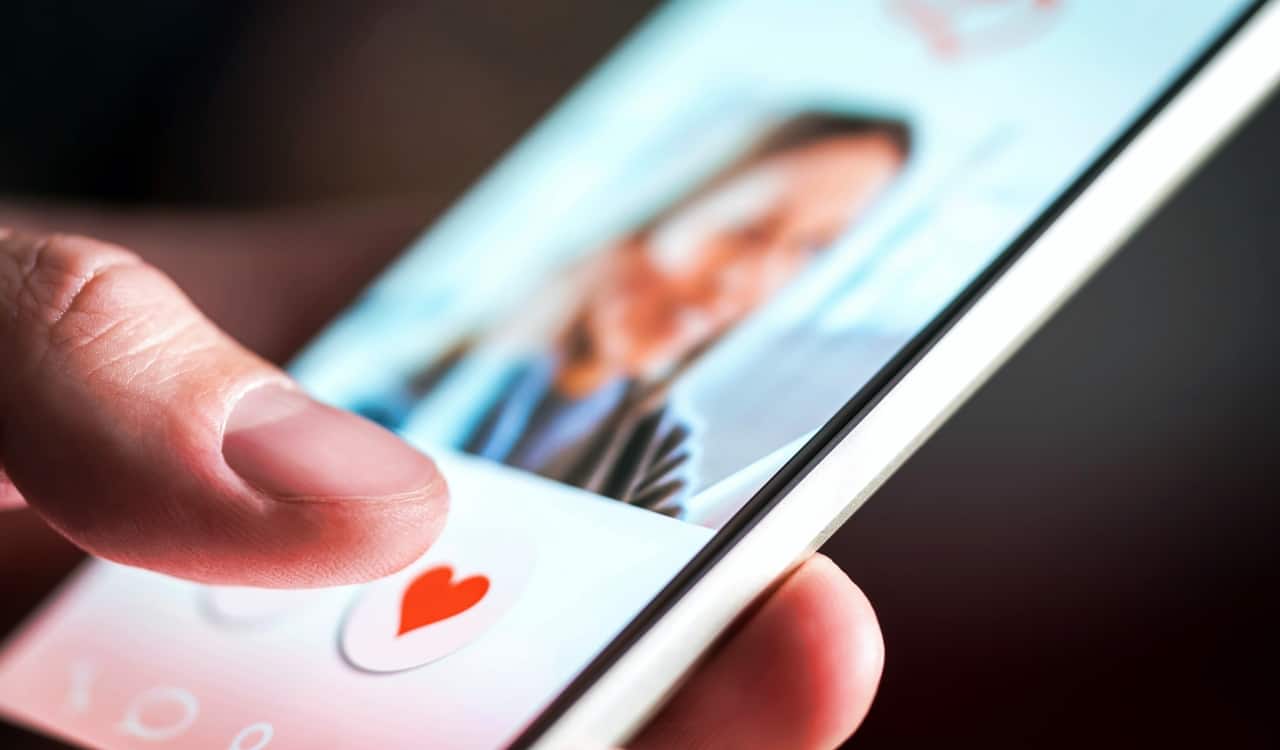
When More Tech Arrives, More Loneliness Occurs
Most of our main technology has to do with not having to leave our homes to accomplish things, and work-from-home jobs have only increased in the 2000s & 2010s. Soon we may not have to be anywhere we do not want to be, due to the potential for holograms of ourselves being in large meetings. Yet this lack of connection causes loneliness as well as a potential lack of possible relationships.

While dating apps help, the best surefire way to meet someone for a romantic connection is still in person. Meaning you’re less likely to meet someone to develop a relationship with due to new tech that allows us this wonderful freedom. Yes, these freedoms are great and could be used to develop relationships. More often they make people want to push away and simply just stay home or remain in isolation overall.

Loneliness Can Make You Blow Things Out Of Proportion
How many times have you had your stress levels hit a 9 or 10? Did you find yourself getting mad over, seemingly, nothing? It could be that you got upset about things that were out of your control as well as out of the control of most around you. Think of things like traffic jams, bad weather, or something similar. It’s almost as if, somehow, nothing could go right for you, and maybe someone up above was out to get you.
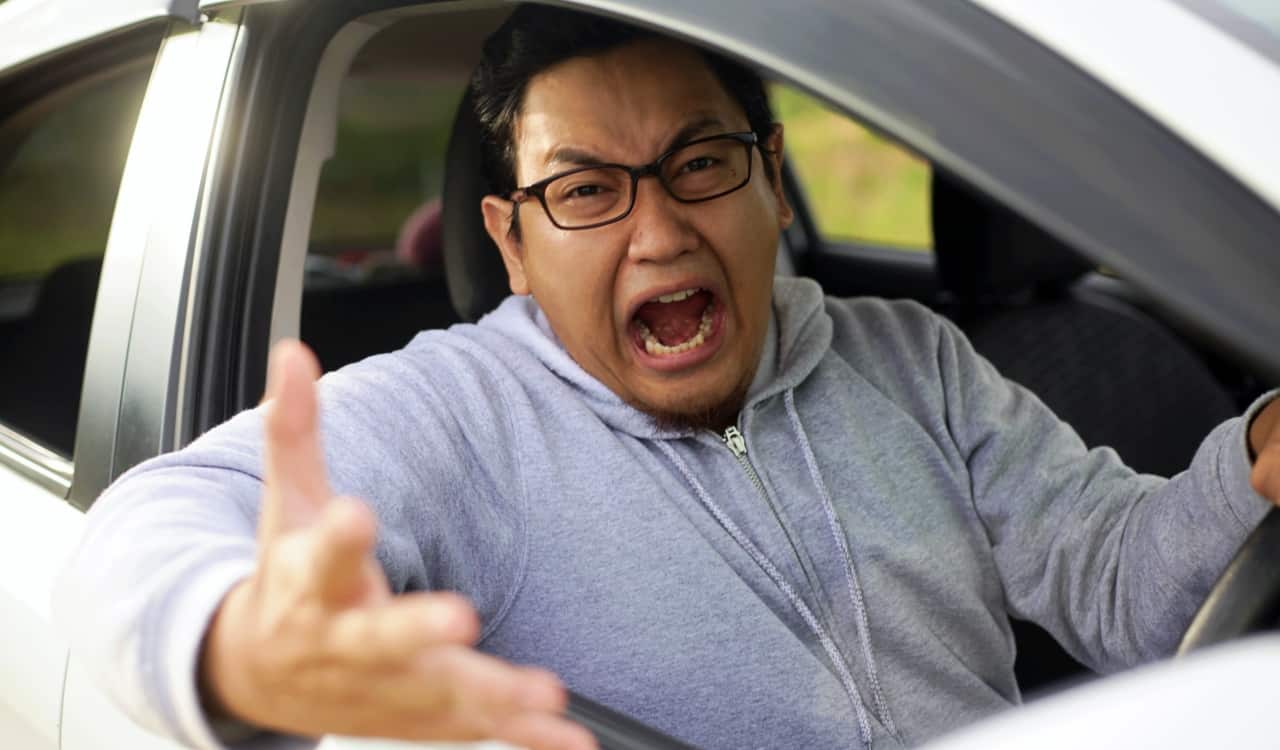
Yet for those who experience loneliness, this is not uncommon. In fact, stress levels like this come from something known as ruminated thinking. Where you spend time alone and let things fester to a point when being out in the world makes things harder. You cannot control things outside your own bubble and that can be tough. Our brains, when unconnected from normal society, will just go into major alert once confronted by the major world around us.

Loneliness Can Even Ruin Sleep
Researchers published findings in something literally known as the Sleep Journal. They found that loneliness has a major effect on our sleeping. Studying people in South Dakota, they kept track of the sleep cycles of 95 people. They compared them with participants that had notable loneliness issues. All of the lonely material on their study subjects was self-reported, and their reporting seemed to hold up.

They found that the lonelier a person happened to be, the higher their levels of fragmented or interrupted sleep. Basically, loneliness did not keep them from sleeping at all, rather, kept them waking up a lot during the night. It is a proven evolutionary tactic that when we know we’re alone, we’ll have more moments when we experience “micro-awakenings.” This is when you wake up during the night, unaware of things. All in an effort to keep yourself open to possible issues that might occur.

Social Isolation Leads To Far More Cases of Elder Abuse
We’re sure you’ve heard of the horror stories experienced by older people at retirement homes, or those similar, that help to take care of the elderly. The National Center on Elder Abuse found that there is a connection between social isolation and elder abuse. Researchers are not entirely sure why this is the case. Some believe it is simply easier to abuse those that will not have anyone to talk to about the issue in their family or group of friends.
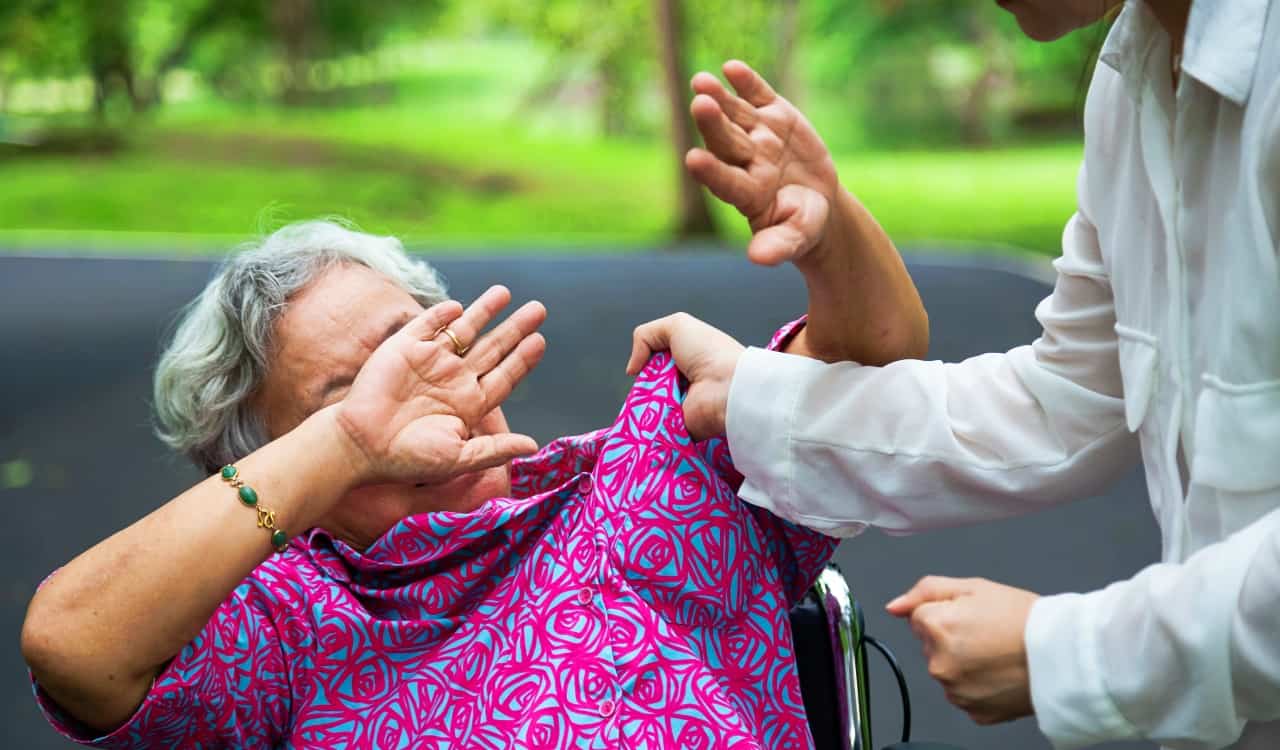
The most important thing one can do, however, is to speak up about the issue. The only reason places get away with abusing the elderly for so long is that no one spoke up. This could have been out of fear for their lives or those around them, or the fear of not being believed. The best thing we can do as a community is to push for more health and wellness checks at Retirement Homes. We also need to maintain a proper connection to our older loved ones as well.

Physical Activity Can Reduce Loneliness
There are a lot of reasons why physical activity can reduce the feeling of social isolation or loneliness. First and foremost, if you’re physically active, it is rare you’ll only ever be at your home and nowhere else. You might go to the gym, a Yoga Class, or something similar to these. In all forms, you’re putting yourself around others. Even simply going to your local track or park to walk will result in people being around. Physical activity is even more important for Seniors.

They obviously need to be involved in activities to keep their brains sharp and their immune systems in tip-top shape. For younger people, physical activity is certainly quite important as well. We build our immune system through exercise. Sitting around all day only serves to make us feel worse. Plus, it can cause leg and/or back problems to do that all day. Keep yourself active, help your health, and make some friends while you’re at it. Pretty good combo.
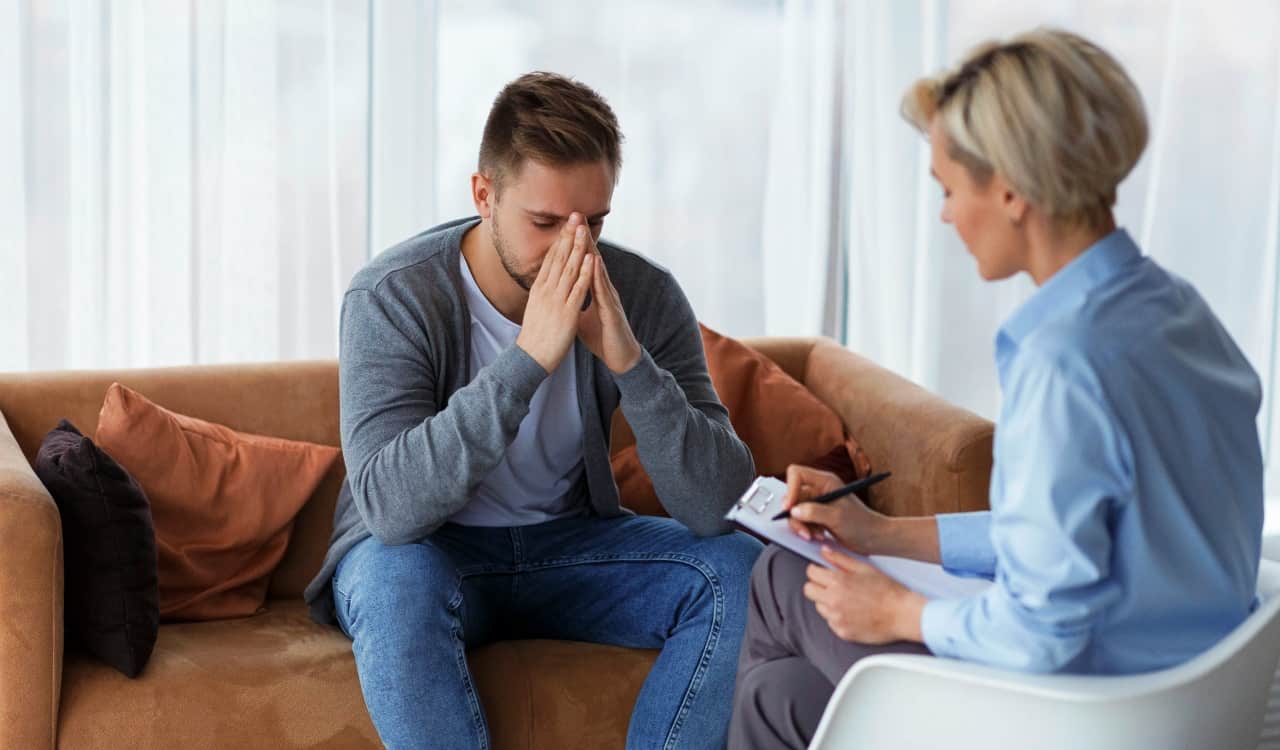
Talking To Someone About Your Loneliness Is Proven To Help
From psychologists to therapists and everywhere in-between, discussing your loneliness has proven to be helpful. Simply talking with another person is useful in its own right but by discussing the reasons you’re lonely, you can potentially hear recommendations about what you can do to help cut this down. Your therapist/psychologist will know you and what can work best for your situation.

However, your friends will as well. A Red Cross Survey of 1,000 people found that almost 60 percent of respondents admitted they didn’t feel confident talking about loneliness. A third more said they’d never admit to feeling lonely to anyone. We’re simply not talking about the issue, and that is only causing the problem to get worse in our society. Let’s talk about the problem and maybe we can begin to come up with more ways to end loneliness issues.

